Island Energy Management Systems: Ensuring Energy Security and Sustainability
In the context of an increasingly energy-conscious world, islands face unique challenges and opportunities when it comes to energy management. Island energy management systems play a crucial role in ensuring both energy security and sustainability, as these isolated locations often have limited resources and are vulnerable to external energy supply disruptions.
One of the main challenges for islands is their reliance on imported fossil fuels. This dependence not only makes them susceptible to price fluctuations and supply chain disruptions but also has significant environmental implications. To overcome this, island energy management systems aim to optimize the use of local renewable resources. For example, many islands have abundant solar, wind, and tidal energy potential. By integrating these sources effectively, islands can reduce their reliance on imported fuels and enhance their energy autonomy.
Energy storage is a key component of successful island energy management systems. Since renewable energy sources are intermittent, having efficient storage solutions is essential to ensure a consistent power supply. Battery technologies have advanced significantly in recent years, allowing for the storage of excess energy generated during periods of high production for use when the output from renewables is low. For instance, on some islands, large-scale battery banks are used to store solar energy during the day and release it at night, providing a stable electricity supply.
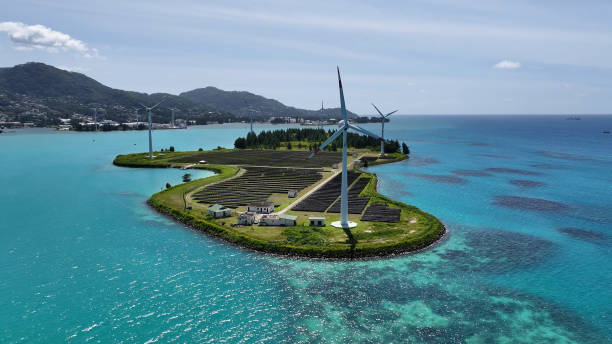
Smart grids are another vital aspect of island energy management. These grids use advanced sensors and communication technologies to monitor and control the flow of electricity in real-time. This enables better distribution of energy, reduces losses, and allows for quick responses to changes in demand or supply. For example, if there is a sudden increase in demand, the smart grid can automatically adjust the power output from different sources or activate backup storage systems to meet the need.
Energy efficiency measures also form an integral part of island energy management. Improving the energy efficiency of buildings, appliances, and transportation systems helps to reduce overall energy consumption. This can be achieved through insulation upgrades, the use of energy-efficient lighting and appliances, and the promotion of public transportation or electric vehicles. Take the case of a small island community that implemented energy-efficient building codes and saw a significant reduction in its overall energy demand, easing the pressure on the energy supply system.
Furthermore, community engagement and education are crucial for the success of island energy management systems. Residents need to understand the importance of energy conservation and the role they can play in achieving energy security and sustainability. Local initiatives such as energy awareness campaigns and community-based renewable energy projects can foster a sense of ownership and participation.
Let’s consider the example of an island that successfully implemented an integrated energy management system. They installed a combination of wind turbines and solar panels across the island and coupled them with a large battery storage facility. The smart grid monitored and managed the energy flow, ensuring that power was distributed efficiently. Energy efficiency programs were implemented in homes and businesses, and the community was actively involved in conservation efforts. As a result, the island not only achieved energy security but also reduced its carbon footprint and improved the quality of life for its residents.
However, there are also challenges to overcome. The initial investment required for setting up advanced energy management systems can be substantial. Islands often have limited financial resources and may need external funding or partnerships to implement these technologies. Additionally, the maintenance and operation of complex systems require skilled personnel and proper training.
In conclusion, island energy management systems are essential for ensuring the energy security and sustainability of these unique locations. By leveraging local renewable resources, implementing energy storage and smart grid technologies, promoting energy efficiency, and engaging the community, islands can create resilient and environmentally friendly energy systems. This not only benefits the present generation but also secures a sustainable energy future for generations to come. As the world continues to grapple with energy challenges, the experiences and successes of island energy management can offer valuable lessons and inspiration for larger energy systems as well.
Contact us
- Email:[email protected]
- Tel: +86 13651638099
- Address: 333 Fengcun Road, Fengxian District, Shanghai
Get A Quote Now!
Related product links are available directly
Site storage products:Site storage products 归档 – (energystoragecontainer.com)
Lithium Battery:Lithium Battery 归档 – (energystoragecontainer.com)
Read more
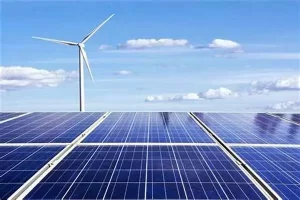
Unveiling Photovoltaic+Energy Storage: Four Major Application Scenarios Leading the Future of Energy
In this way, the energy landscape is evolving, and one of the most thrilling developments in renewables is the integration of photovoltaics energy storage.
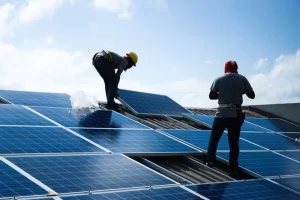
From Theory to Practice: Four Methods for Estimating Photovoltaic Power Generation
Photovoltaic power generation has become an essential part of modern energy solutions, particularly in home solar systems and distributed power applications
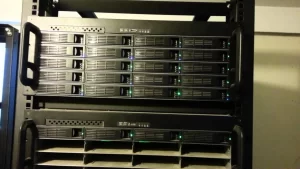
Rack-Mounted Lithium Iron Batteries: Creating Efficient and Reliable Energy Storage Solutions
When it comes to modern energy solutions, rack-mounted lithium iron batteries are taking center stage in a variety of industries. Whether you’re powering data centers, stabilizing energy for households, or keeping critical systems online at 5G base stations, these batteries have become the unsung heroes of our electrified world.
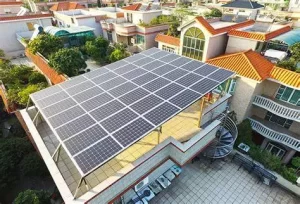
Late Night Energy Saving Tips: How to Maximize Electricity Savings During Off-Peak Hours
With rising energy costs, homeowners are increasingly exploring innovative ways to save on their electricity bills. One effective approach is utilizing off-peak hours—times when electricity rates are significantly lower due to reduced demand.
